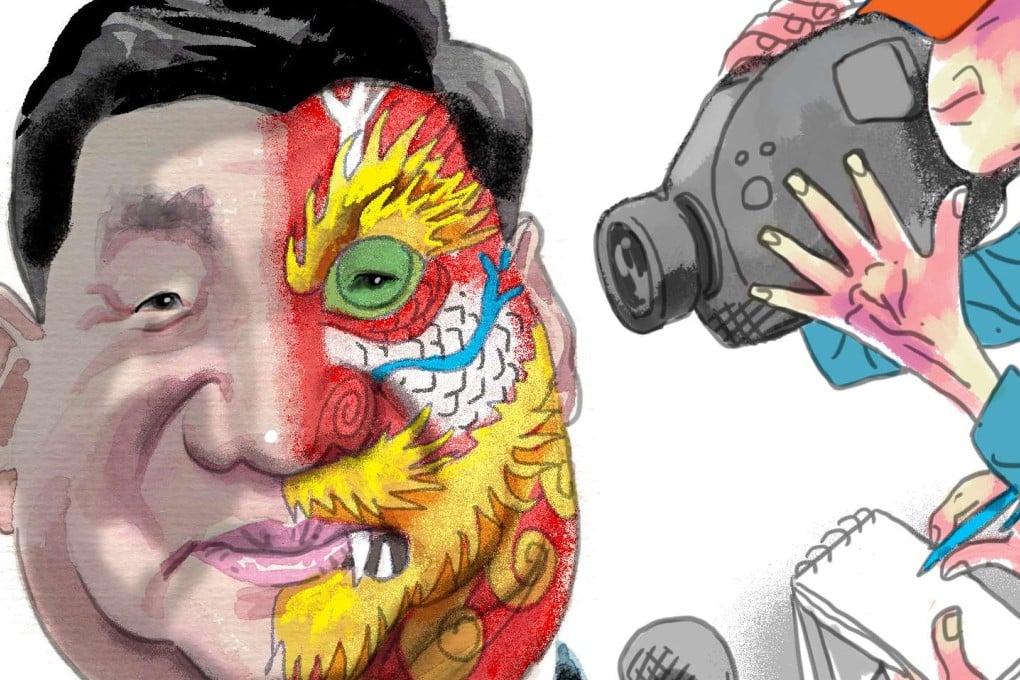Western media should rethink its distorted portrayal of China’s rise
L. K. Cheah says Western journalists who regard China’s motives with suspicion and cynicism are cherry-picking facts based on a biased view, and the misinformation they produce as a result is unhelpful


Insecurities and bluster: the roots of distrust between China and the US
Rachman is mistaken. On the economy, while it is true that China has had to make changes to its fiscal policies, Xi is dealing with the harsh realities of the global economic environment. He realises China cannot rely on export-led growth indefinitely, given the steady rise of costs and wages in China, and the fact that other countries can do things cheaper.

What’s holding back China’s consumption growth?
The move to a domestic consumption model, though perilous, is the consensus solution offered by most Western economists. Xi has little choice but to follow a market-driven economy, as the alternative is worse – the continuing decline in exports could lead to disastrous high unemployment and social unrest. To continue to rely on export-led growth would mean China having to devalue its currency, which would lead to a trade war with other exporting countries and trigger China-bashing by the US Congress (and perhaps even more strident measures by Donald Trump, should he become the next US president).
On the political front, many Western journalists claim Xi is building a cult of personality and has made himself into the most powerful Chinese leader since Mao. Xi has, the likes of Rachman say, used this power to launch his crackdown on corruption, resulting in thousands of convictions, causing widespread internal disquiet. Instead of praising Xi’s purge, his actions are disparagingly portrayed as terrifying much of China’s business and political elite.

Keep watch on your families, Chinese president tells cadres as he warns of ‘cabals and cliques’
The rampant corruption in China, where every business transaction has to be greased to close a deal, has to be one of the greatest weaknesses in China’s economy. Far worse, this aspect is symptomatic of a large chunk of society, where even promotions in the armed forces depend on payment to a higher-up authority. This pernicious syndrome makes for an unethical society and disrupts economic efficiency, given the large number of “middlemen” taking a slice of each transaction.
Xi should be praised for his courage and far-sightedness, not denigrated as a power-grabbing cultist opportunist